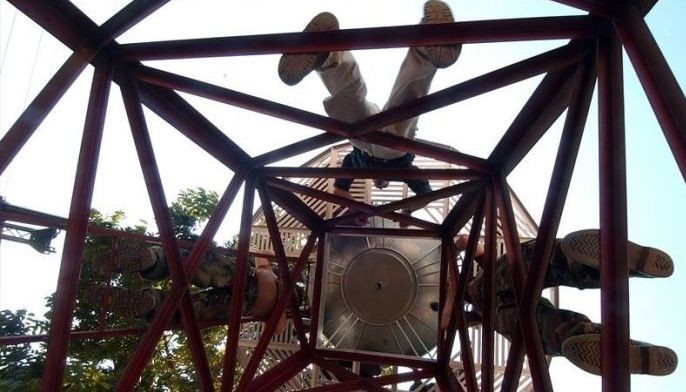MANILA, Philippines — Issues surrounding the common tower policy remain unresolved, which continues to delay the release of the draft.
“We are still finalizing the policy on common towers as there are still issues not yet resolved,” Information and Communications Technology Secretary Eliseo Rio told The STAR over the weekend.
Rio earlier said the policy, rules, and regulations on common and shared infrastructure in the public telecommunications market could released within the week.
A draft common tower policy presented by the DICT, the National Telecommunications Commission (NTC) and presidential adviser for ICT Ramon Jacinto to stakeholders in September last year contained provisions that were opposed by foreign tower companies, PLDT and Globe, as well as the Philippine Competition Commission (PCC).
The draft involved a limit in the number of independent tower companies that will be registered by the NTC in the first four years of implementation, which foreign tower firms and the PCC found as anti-competitive.
Smart and Globe, meanwhile, said the proposed policy on common towers violates their legislative franchise which gives them the right to build their own telecommunications towers.
The government previously targeted to finalize the tower sharing policy as early as November last year, and then later on moved to the first quarter.
Mandating infrastructure sharing and the implementation of a common tower policy are expected to greatly improve mobile telecommunication services, internet reliability and efficiency, and provide these at a reasonable cost to consumers.
Through a common tower and pole infrastructure policy in place, the pressure of network roll out and cost management from telco companies are expected to be alleviated as they will be allowed to focus on improving customer service.
It will also promote the availability of a wide range of cost effective and competitive telco networks throughout the country by ensuring optimum utilization of telecom resources.
The DICT wants the country to have 50,000 towers in seven to 10 years, or roughly 5,000 towers a year, under its common tower initiative.
“As a rule, DICT will only give full support to common towers, and the telcos who want to make their own towers that they will not share will do it on their own. We are also encouraging incumbent telcos to share their existing towers for which there will be some incentives for them.But the details are still being discussed and have not been final yet,” Rio said.
Before finalizing the common tower policy, Rio said it would be first subjected to a proof-of-concept period involving around 2,000 common towers nationwide.


